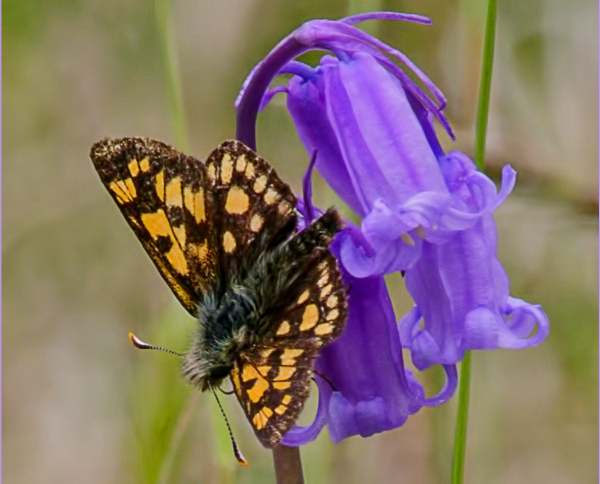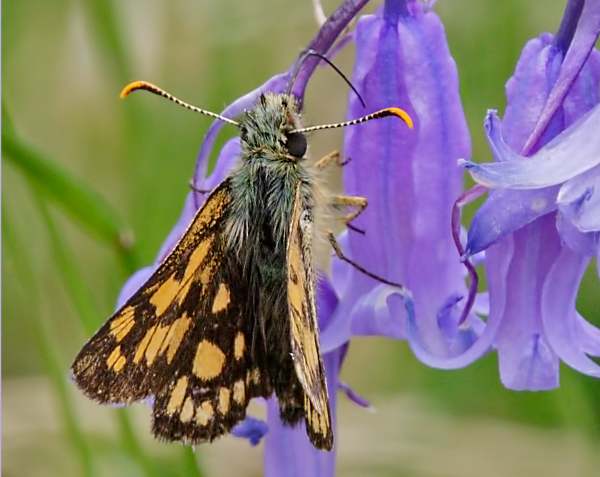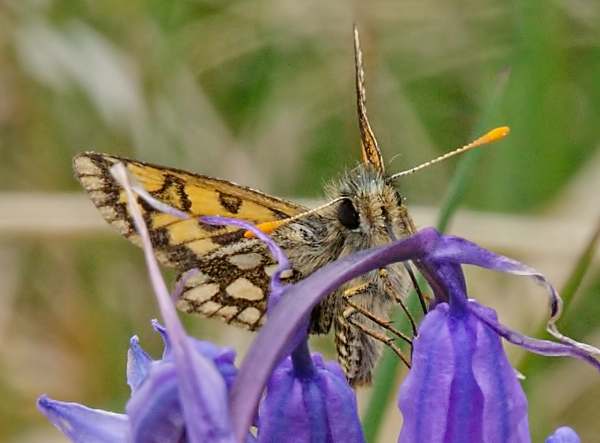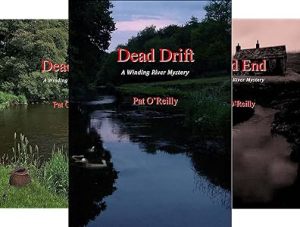Chequered Skipper Butterfly - Carterocephalus palaemon
Phylum: Arthropoda - Class: Insecta - Order: Lepidoptera - Family: Hesperiidae

Identification
The Chequered Skipper is a small (typical wingspan 30mm) fast-flying butterfly with distinctive golden-yellow spots on the wings, giving it a chequered appearance from which comes the common name.

Distribution
In Britain this butterfly is now confined to a relatively small region of western Scotland, having been declared extinct from its last outposts in central England in 1976. The Chequered Skipper also is found in parts of mainland Europe including the Alps (up to approximately 1600m above sea level), while several very similar species in the Carterocephalus genus occur in other parts of the world including the USA.

Lifecycle
The larval foodplants are grasses, including Purple Moor Grass Molinea caerulea. In Scotland the adult butterflies emerge in late May and can be seen on the wing through to about the middle of June.

The pale green mature larve hibernate through the winter and pupate in early May.

Chequered Skipper butterflies take nectar from many kinds of spring wildflowers including Bluebells, Dandelions and Early Marsh-orchids.
Acknowledgements
This page includes pictures kindly contributed by David Adamson.
Studying butterflies and moths...
Excited at the prospect of flyfishing? So are we, and we're pretty sure you would find the Winding River Mystery trilogy of action-packed thrillers gripping reading too. Dead Drift, Dead Cert, and Dead End are Pat O'Reilly's latest river-and-flyfishing based novels, and now they are available in ebook format. Full details on our website here...
Buy each book for just £4.96 on Amazon...
Please Help Us: If you have found this information interesting and useful, please consider helping to keep First Nature online by making a small donation towards the web hosting and internet costs.
Any donations over and above the essential running costs will help support the conservation work of Plantlife, the Rivers Trust and charitable botanic gardens - as do author royalties and publisher proceeds from books by Pat and Sue.
